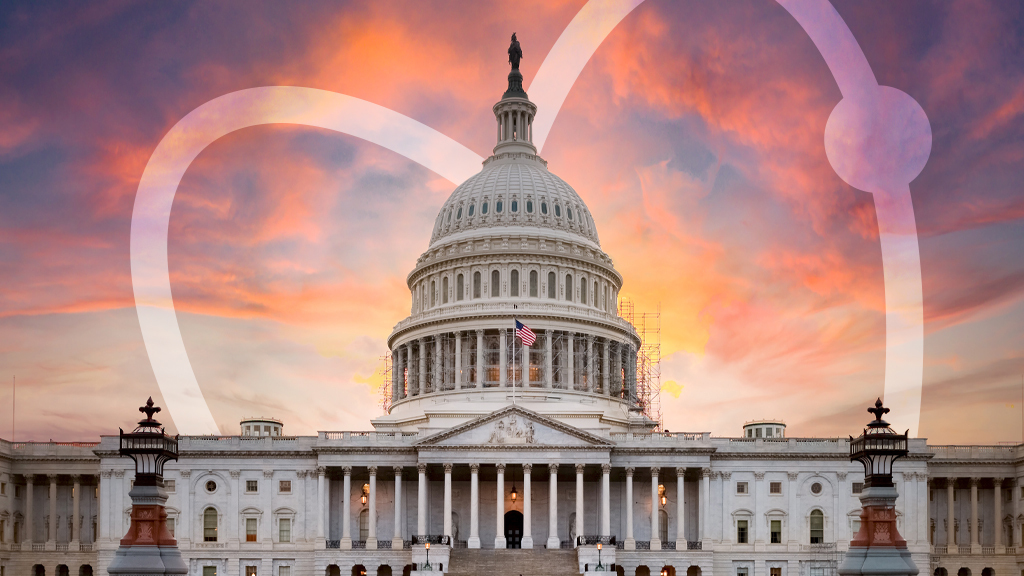Legislative Update
Senate Appropriations Committee Marks Up Education Funding Bill
By NSTA Legislative Affairs & Advocacy Team
Posted on 2024-08-09

Disclaimer: The views expressed in this blog post are those of the author(s) and do not necessarily reflect the official position of the National Science Teaching Association (NSTA).
On August 1, the Senate Appropriations passed the fiscal year 2025 Labor-Health and Human Services-Education Appropriations bill (LHHS). The bill provides $80 billion in discretionary funding for the Department of Education, about $1 billion more than the current budget, including an increase to Title I-A grants to schools and the Individuals with Disability Education Act (IDEA). The Senate’s bipartisan plan falls below the President’s request for $82 billion, but is higher than the House Appropriations Committee bill, which provides $72 billion in funding for the Department of Education.
Student Support and Academic Enrichment Grants (Title IV Part A Block Grant), which allow funding for science and STEM programs and professional learning, were funded at $1.39 billion in both the Senate and House bills.
Supporting Effective Instruction State Grants (Title II Part A grants), which provide funding to support educators, were eliminated in the House bill. The Senate restored funding to the program consistent with last year’s funding.
The Nita Lowey 21st Century Community Learning Centers, which provide funding for afterschool programs, was also level-funded.
The full list of funding for FY25 programs at the Department of Education can be found here.
The Senate has passed 11 out of 12 appropriations measures through the Senate Appropriations Committee. In the House, all 12 measures have passed through the House Appropriations Committee and three appropriations measures have passed the House floor. Moving forward, legislators will take up the final compromised bills for FY25 spending when they return from summer break on September 9; although the fiscal year with end on September 30, many believe it is highly unlikely these spending measures will see much action before then and Congress will again move a temporary spending bill to keep the government on Oct. 1.
Senate Commerce Committee Approves AI Education Proposal
Last week the Senate Commerce, Science and Transportation Committee approved the bipartisan National Science Foundation (NSF) AI Education Act of 2024. The bill would expand educational opportunities to study artificial intelligence and quantum with support from the National Science Foundation (NSF). In K-12, the bill creates an NSF award program to promote research on teaching models, tools, and materials, with a focus on low-income, rural, and tribal students for artificial intelligence and the integration of key emerging technologies in the classroom; and it directs NSF to create publicly available PreK-12 AI education “playbooks” for introducing AI in classrooms across the country. Similar legislation is expected to be introduced in the House later this year. Read a ten-point summary of the bill here.
Commentary: Why aren’t all California elementary school students learning science?
“It’s not a California problem. Educators have been working to address this problem nationwide. Jill Grace, the director of the K-12 Alliance, said that historically the United States has prioritized language arts and mathematics, and without laws that specifically mandate science or other subjects, it is easy for elementary and middle schools to skip this curriculum . . . Fortunately, starting next year the state’s education dashboard will include science assessments, which could put a spotlight on science education at California’s schools. And in the last school year, $85 million was allocated to help schools teach math and science. Though funding has been considered to be the root of this issue, teachers also need training to feel confident to teach science.”
Read more in this LA Times commentary.
Stay tuned for more advocacy and policy updates in future issues of NSTA Reports and NSTA Weekly.
The mission of NSTA is to transform science education to benefit all through professional learning, partnerships, and advocacy.


